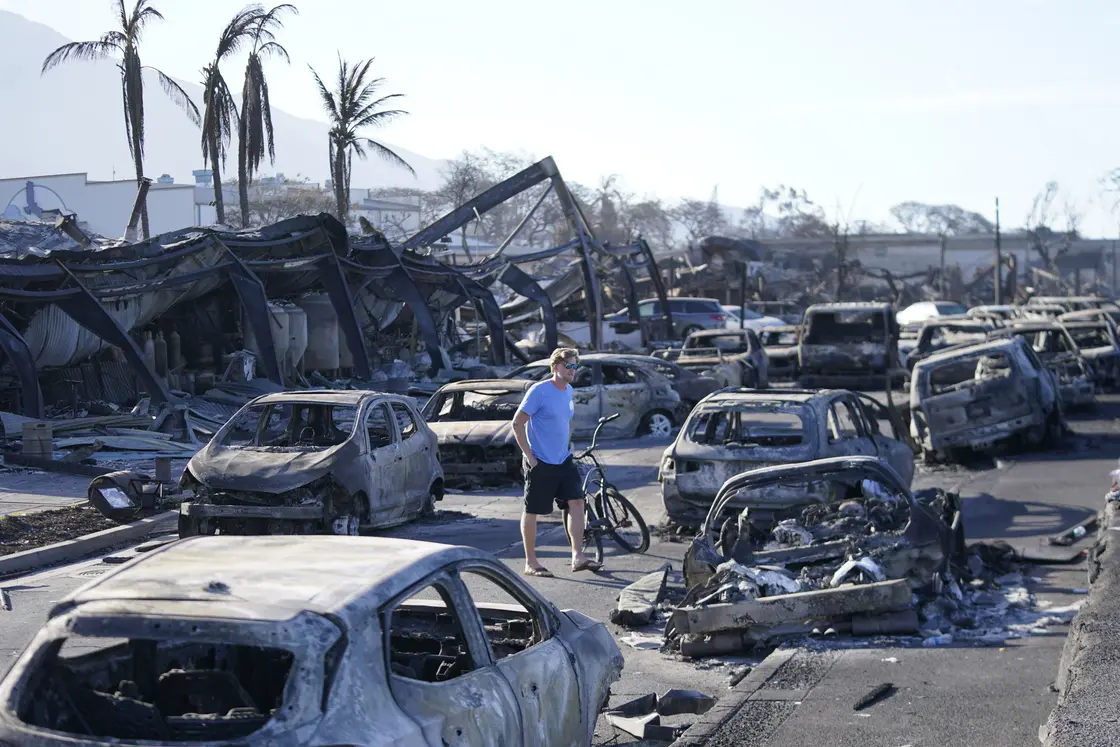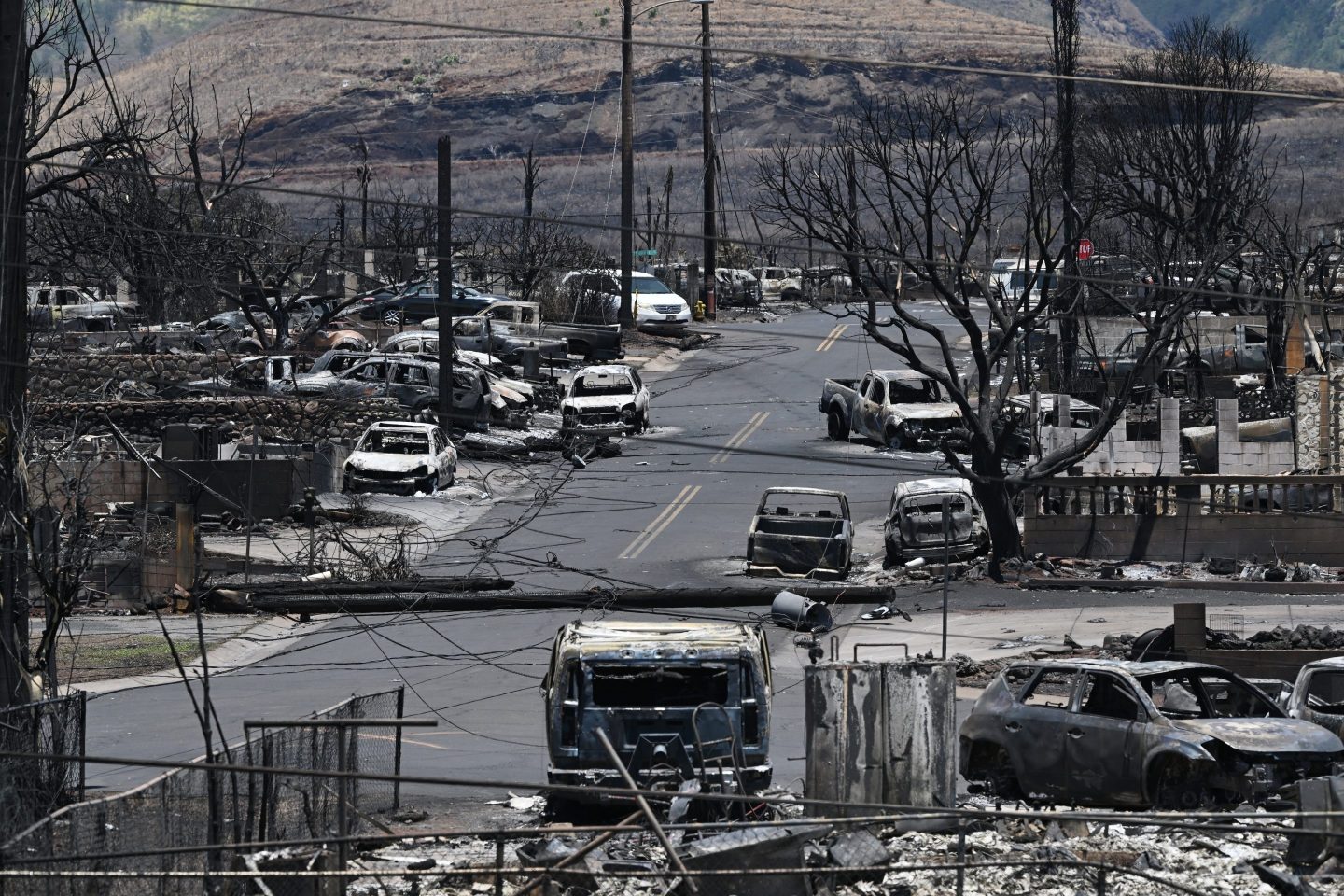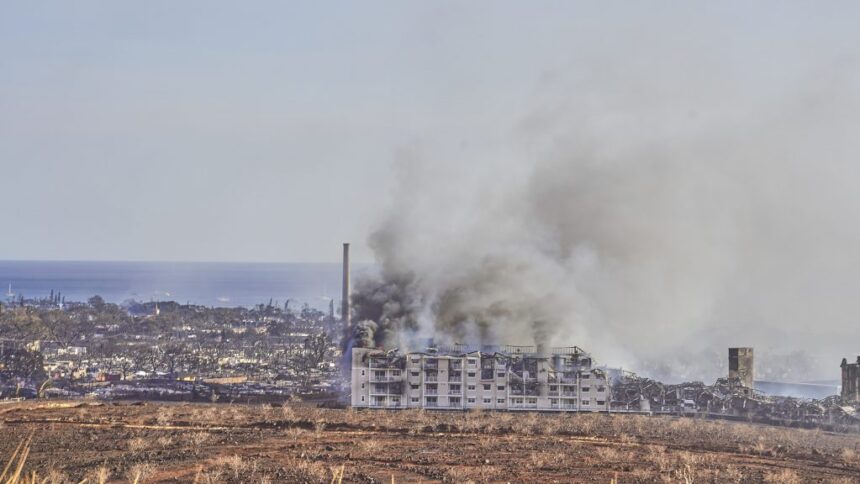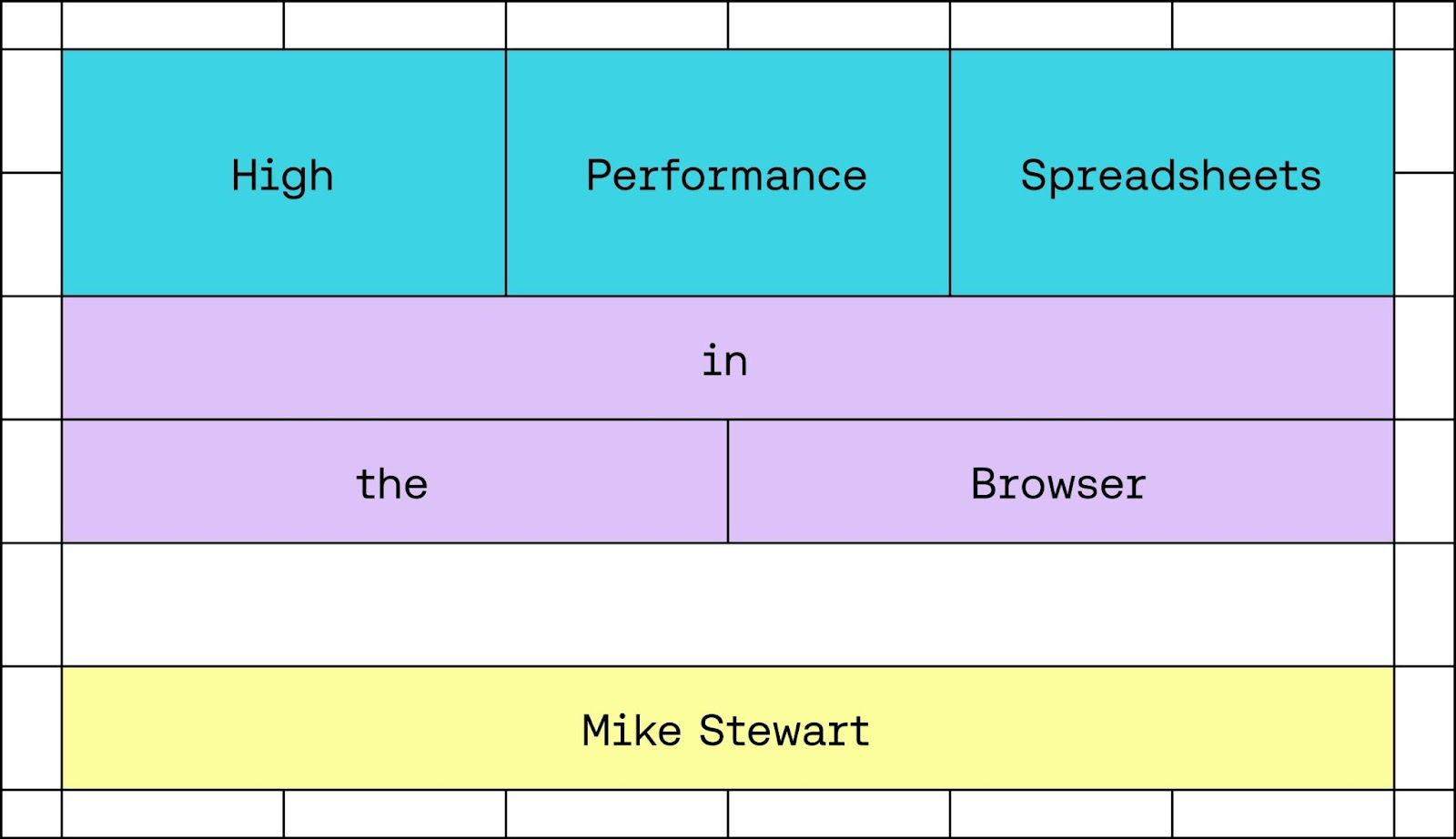A thorough investigation has revealed that the devastating Maui wildfire downed power line was the primary cause of the destruction that ravaged Maui in August 2023. The wildfire, which led to the tragic loss of over 100 lives and decimated much of Lahaina, was ignited when a downed power line sparked flames, which then rapidly spread due to hurricane-strength winds. The tragic event has raised significant concerns about the preparedness of utility companies in mitigating wildfire risks during extreme weather.

Expanded Story:
The Maui wildfire downed power line incident has become one of the most harrowing examples of infrastructure failure during a natural disaster. On August 8, 2023, as hurricane winds battered the Hawaiian islands, a power line owned by Hawaiian Electric Company collapsed, igniting dry vegetation nearby. These sparks, combined with high winds, quickly turned into an uncontrollable inferno that swept across Lahaina, destroying homes, businesses, and irreplaceable historical landmarks.
According to the investigation, this Maui wildfire downed power line was not a one-off incident. The power lines had been re-energized after a previous outage, leading to the eventual spark that ignited the fire. Hawaiian Electric, now facing multiple lawsuits and widespread criticism, has admitted that it did not de-energize the lines despite receiving warnings of strong winds in the forecast.
While Maui has always faced wildfire risks, the specific circumstances surrounding this event have turned public attention toward the accountability of utility companies. The Maui wildfire downed power line incident highlights significant gaps in the preparedness of both the power grid and emergency response systems when it comes to natural disasters, especially in areas prone to extreme weather conditions like Hawaii.
Additional Insights and Comparisons:
The Maui wildfire downed power line is reminiscent of several similar cases in California, where Pacific Gas and Electric (PG&E) was found liable for catastrophic wildfires caused by faulty equipment and downed power lines. These events pushed California to implement strict shutdown procedures during high-risk weather conditions, including Public Safety Power Shutoffs (PSPS). The Maui case is now driving similar discussions around Hawaiian Electric’s responsibilities and the need for proactive measures.
Moreover, the Maui wildfire downed power line has sparked a broader conversation about climate change’s role in exacerbating the frequency and intensity of wildfires across the globe. Rising global temperatures are leading to longer, hotter fire seasons and making regions like Hawaii more vulnerable. Dry conditions, coupled with poor infrastructure and delayed responses, are a recipe for more disasters like the Maui wildfire downed power line.
Relevant Statistics and Impact:
- The Maui wildfire downed power line caused damage to over 2,200 structures, resulting in losses exceeding $5 billion.
- This event marked the deadliest wildfire in U.S. history in more than a century, with 115 confirmed deaths and dozens still missing.
- Over 4,500 acres were burned in the Maui wildfire downed power line disaster, leaving Lahaina in ruins and forcing thousands of people to evacuate.
Utility Company’s Response:
Hawaiian Electric, facing intense scrutiny due to the Maui wildfire downed power line, issued a formal statement expressing their commitment to improving safety measures. “We are deeply saddened by the impact of this disaster on the Maui community. Moving forward, we will be implementing more robust safety protocols to ensure that a tragedy like the Maui wildfire downed power line never happens again,” the company stated.
Despite these promises, residents of Maui, particularly those affected by the fire, are demanding more immediate actions. Many believe that if Hawaiian Electric had taken preventative measures, such as shutting down power during high winds, the catastrophic Maui wildfire downed power line could have been avoided. Lawsuits are now being filed against the company, with plaintiffs arguing that Hawaiian Electric’s negligence directly led to the disaster.
Climate Change and Wildfire Prevention:
The Maui wildfire downed power line serves as a stark reminder of how climate change can turn infrastructure vulnerabilities into large-scale disasters. As temperatures continue to rise globally, regions like Hawaii, which were once considered less prone to wildfires, are now experiencing an increase in fire activity. The Maui wildfire downed power line was fueled not only by the strong winds of Hurricane Dora but also by increasingly dry conditions in the region, which created the perfect environment for the fire to spread rapidly.
Experts are calling for comprehensive wildfire prevention plans that include modernizing power grids, improving vegetation management, and creating better early warning systems. The Maui wildfire downed power line has highlighted the urgent need for infrastructure upgrades to prevent similar incidents in the future.

Community Reaction and Recovery Efforts:
The aftermath of the Maui wildfire downed power line has left the island’s community grappling with immense loss and uncertainty. The town of Lahaina, a cultural and historical hub, has been reduced to ashes. Survivors of the fire have been displaced, and many have lost their homes, livelihoods, and loved ones. Rebuilding efforts are expected to take years, with the estimated cost of reconstruction climbing as the full extent of the damage becomes clear.
Community leaders and residents are now focused on holding responsible parties accountable for the disaster. “This was avoidable,” said one local resident. “The Maui wildfire downed power line should have never happened, and we need to make sure this doesn’t happen again—not here, not anywhere.”
Final Thoughts:
The Maui wildfire downed power line disaster stands as a devastating reminder of the dangers posed by aging infrastructure and extreme weather events. As climate change continues to affect global weather patterns, the need for stronger safety protocols and modernized power systems has never been more urgent. Moving forward, Maui’s experience with the Maui wildfire downed power line should serve as a wake-up call for utility companies and governments worldwide to prioritize resilience in the face of natural disasters.








